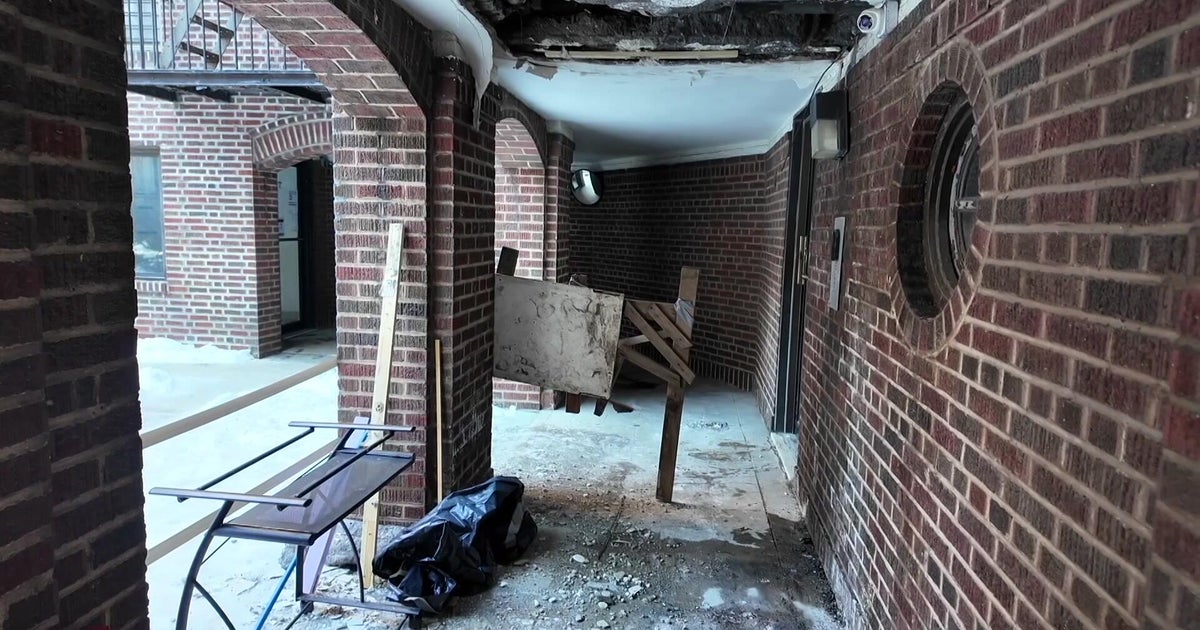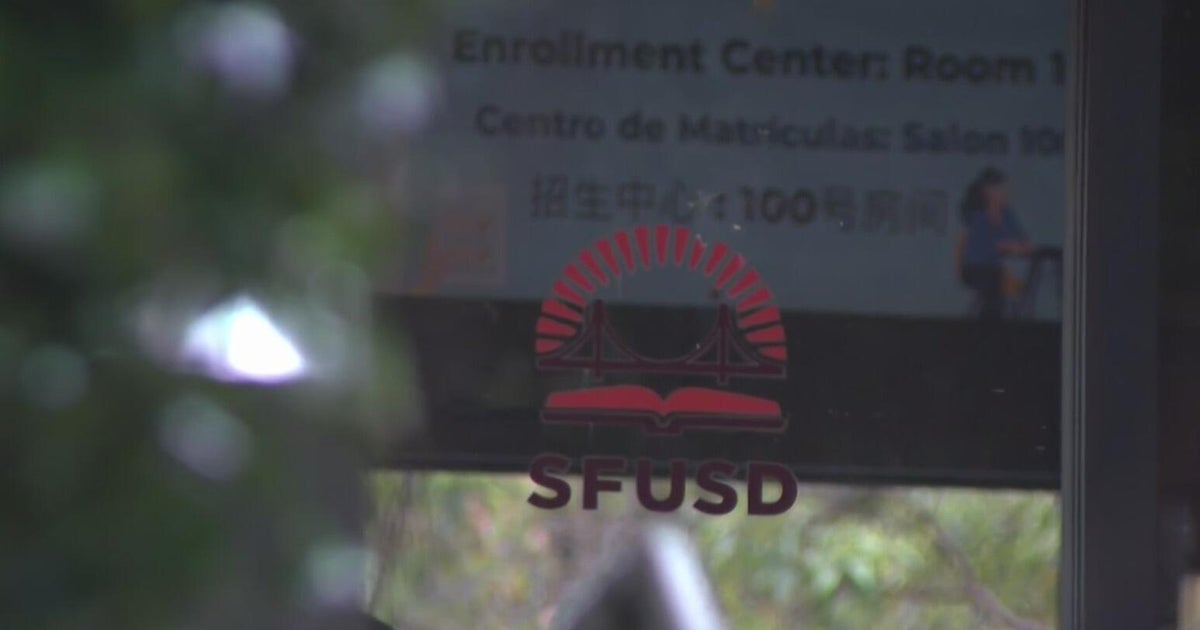Migoya Discusses Jackson's Future
MIAMI (CBS4) - Hours after being selected the new President and CEO of Jackson Memorial Hospital, Carlos Migoya was on site speaking to members of the press and promising big changes to a hospital facing a loss of more than $120 million this year.
"If you are going to have quality healthcare you have to have a solid financial plan," Migoya told CBS4 I Team reporter Jim DeFede.
Migoya's appointment followed a contentious Public Health Trust meeting. A sizable bloc expressed concern that the state's largest public hospital system was being turned over to a man who has no healthcare experience.
Migoya, 60, was a banker for more than 30 years. Last year he spent ten months as Miami's city manager, helping the financially troubled municipality avoid having to declare bankruptcy.
Migoya said his desire to take on the challenges besetting Jackson also stemmed from his sense of community.
"I can't think of anything more important to our entire community, not just Dade County, but really South Florida, than to have a quality healthcare," Migoya said.
But there were still some who questioned the wisdom of appointing a banker.
"I'm more interested in somebody who would get involved in patient care and nursing," said Carol Lewis-Cartright, an ICU nurse at Jackson for the last twelve years. "I know the financial is very important, but we need somebody who is well rounded when it comes to a hospital that is in trouble."
The other candidate Public Health Trust members considered was the chief operating officer for the New York City public hospital system.
"I was hoping for the guy from New York," Lewis-Cartright said.
Migoya said he has heard the criticism since his name first surfaced as a possible candidate a month ago.
"I've heard that over and over again to the point of ad nauseum," Migoya said Thursday. "The problem here is not healthcare. The problem here is financial. You need a business person that understands the financial side and make the turn around. At the end of the day a business is a business."
Sebastian Koch, doctor of neurology at Jackson since 1993, agreed.
"The past CEOs have been mostly in the medical field, so maybe changing our approach might be something to consider," Koch said. "Maybe somebody who is more business savvy might be the solution for Jackson."
Migoya said he wants to raise $300 million in the next few months to get Jackson through its immediate crisis. Currently the hospital is scheduled to run out of money by July.
He said the money would come from a variety of sources, including cutting expenses, possible bridge loans, and refinancing or possibly issuing new bonds. He said Jackson needs to invest at least $100 million of that money almost immediately in infrastructure improvements.
Migoya said he wants to cut "ten to twenty percent" of the hospital's operating budget. But he said he did not envision mass layoffs.
"I'm not a layoff person," he said. "I hate layoffs. I think when you do layoffs you end up cutting the bone as well as the fat."
Although he wouldn't discuss specifics, it was clear Migoya envisioned seeking wage cuts and other concessions from employees and the hospital's unions.
In Miami, Migoya declared a "fiscal urgency" – a provision in the law which under very narrow circumstances, union contracts can be broken and wage cuts forced upon employees.
On Thursday, he would not rule out declaring a fiscal urgency at Jackson. He said he wanted to try and work with the unions and see if it could be avoided.
"Sixty percent of the expenses are compensation," he noted.
Migoya, who tackled the city manager job for a token $1 a year salary, said he expected to be paid a real salary for his work at Jackson.
Jackson officials had set the top end of the salary at $975,000. The current president and CEO, Dr. Eneida Roldan, earns more than $650,000. Migoya said he would seek a salary less than Roldan's.
"There should be a sacrifice from the CEO," Migoya explained. "And then when the hospital turns around I think not just the CEO but everyone should be able to reap the benefits. So if everybody is sacrificing now it's so that we together can reap benefits as the hospital turns around."
Migoya said he believes it will take three years to get the hospital on sound financial footing and another two years beyond that for the hospital to be self-sufficient.
Daniel Rodriguez, a longtime employee in the purchasing department, said the past year of financial uncertainty has been a scary time for hospital employees.
"This needs to be looked at as a business," he said. "So hopefully Migoya is the right one."







